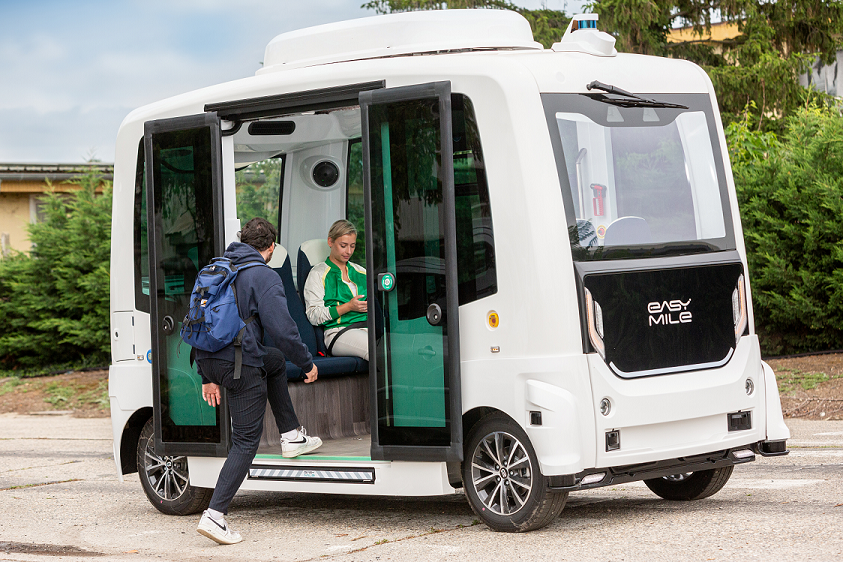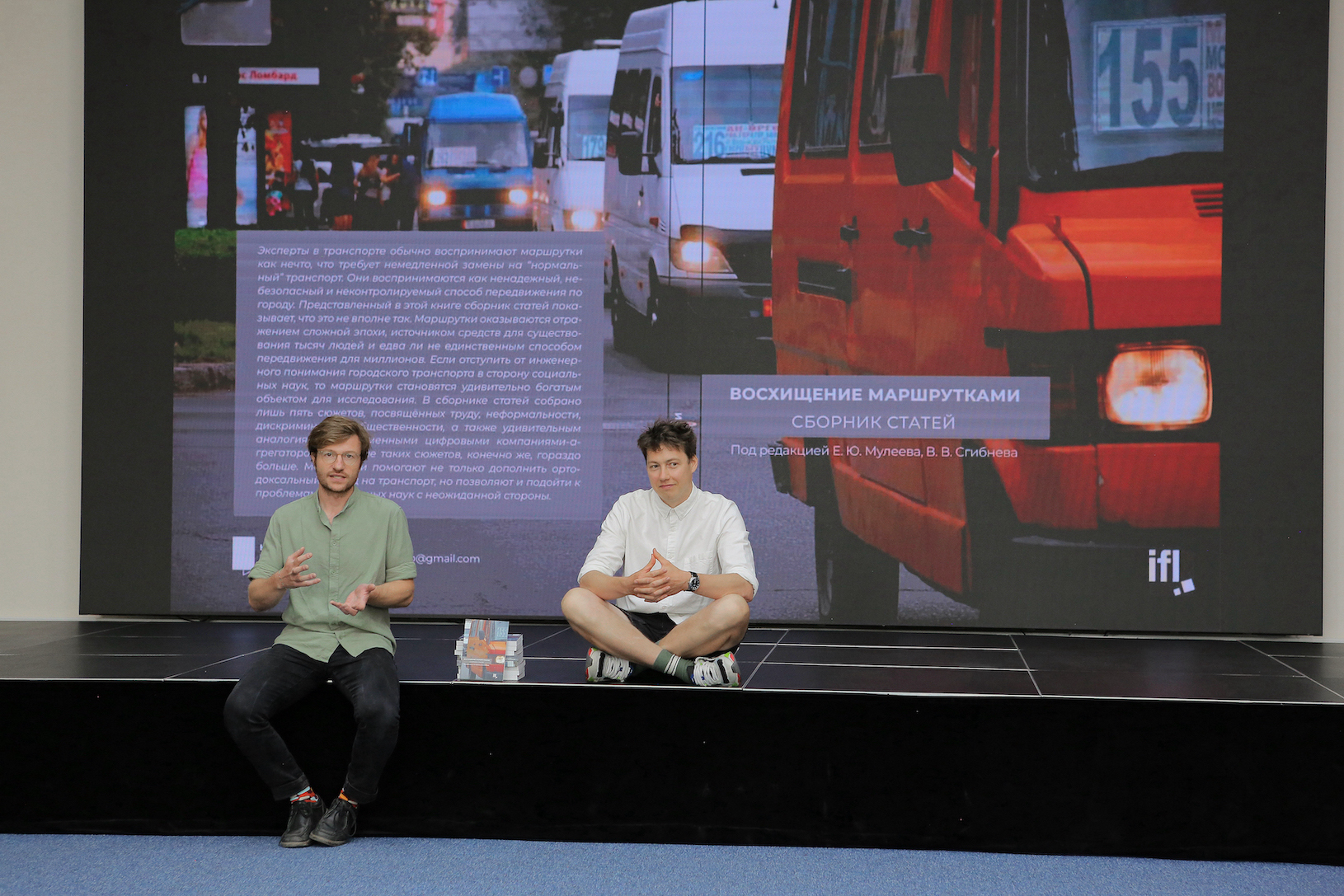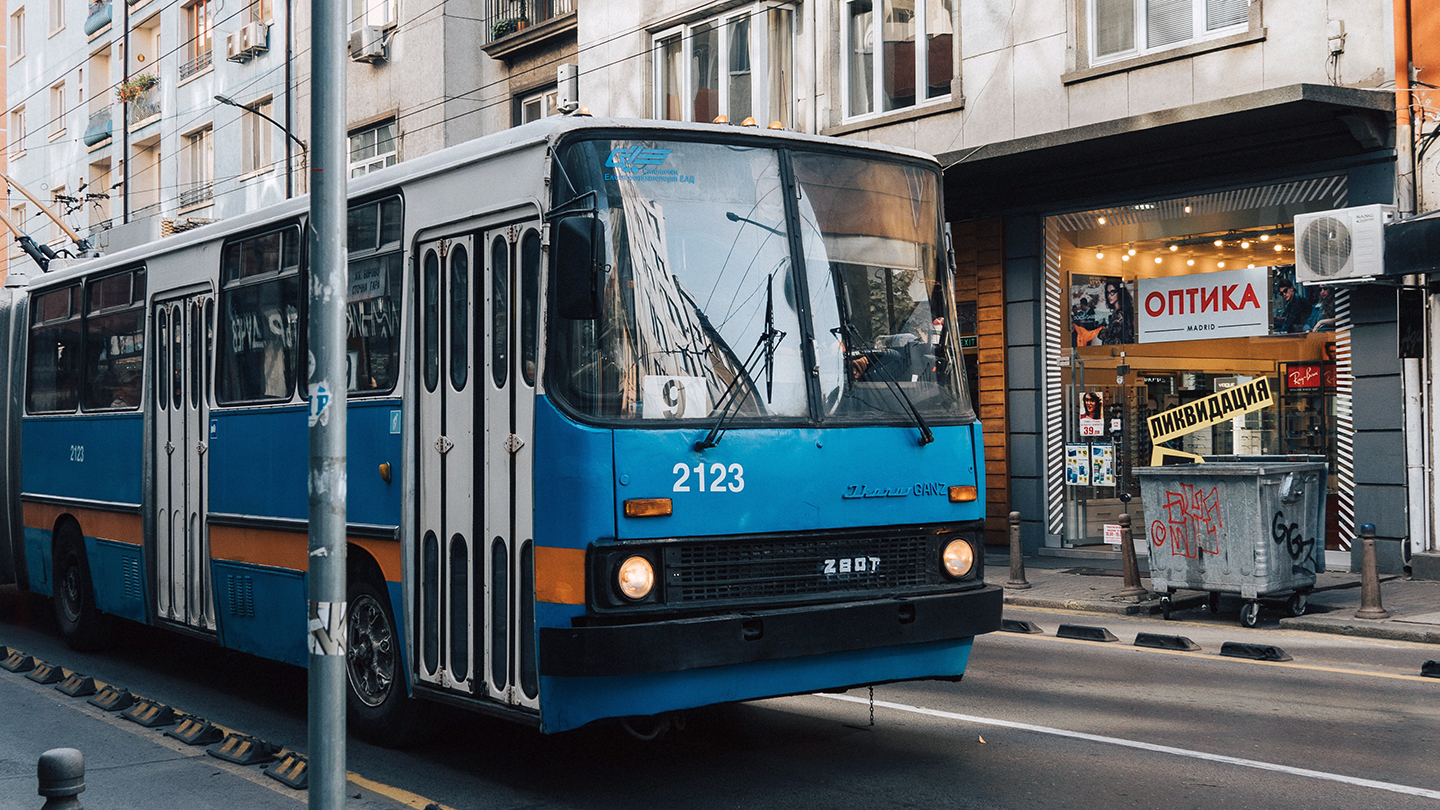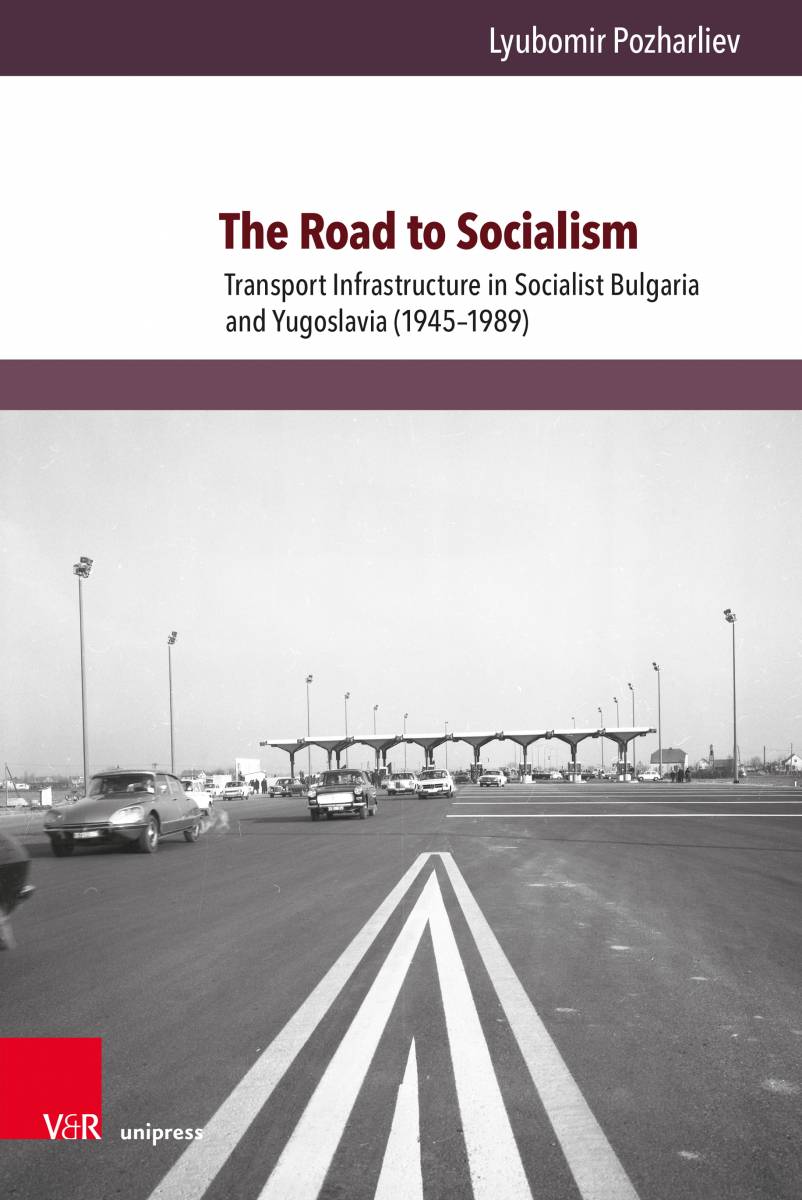A core member of the CoMoDe team Lyubomir Pozharliev recently published his new book “The Road to Socialism. Transport Infrastructure in Socialist Bulgaria and Yugoslavia (1945–1989)” via V&R unipress. It is accessible as an open source publication supported by the Leibniz foundation.
The book is the first comprehensive empirical study of transport infrastructure in two socialist countries in the years 1945–1989. In the case study of Yugoslavia, the construction of roads was interrelated with building socialist and trans-ethnic identities, uniting all federal republics. In practice, the “Brotherhood and Unity Highway” was an artery linking the capitals of the most industrialized republics, neglecting Kosovo, Bosnia and Herzegovina, Montenegro and parts of Macedonia. In socialist Bulgaria existed a clear ideological link between transport and nation building. Bulgarian roads’ disintegrative function was best seen in the example of the “Highway Ring” which, constructed as an inner circle, isolated the border regions and areas inhabited by Bulgarian Muslims and Turks.
Dr Lyubomir Pozharliev is a research associate at the Leibniz-Institut für Länderkunde (Leibniz Institute for Regional Geography) in Leipzig. He is working within the Leibniz Junior Research group “Contentious Mobilities: rethinking mobility transitions through a decolonial lens” with a focus on mobility modes in Central Asia and other post-socialist countries. Between 2018 and 2020 he was a postdoctoral researcher within SPP “1981 Transottomanica”. He received his doctorate in history and cultural studies (2018) from Justus-Liebig University, Giessen at the Department of Eastern European History.
The full Open Access PDF can be found here.




